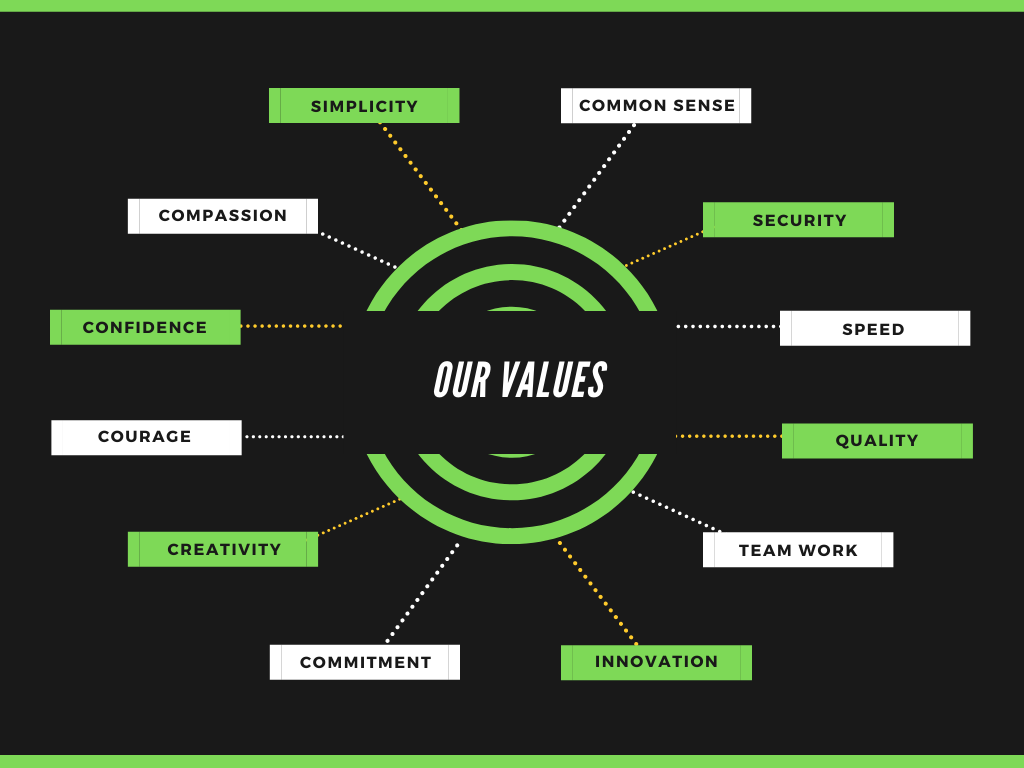Traditional, On-Premise PBX:
The PBX or ‘telephone switch’ is considered the granddad of business telephony. Each person has a set extension, using the same system that is unique to them. A PBX takes all of the calls on those lines and all of your incoming lines and serves them up to the extension that is correct.
Of course, there are many more features, such as; call recording, call queueing, on-hold music, transfers, and more – but at heart, a traditional PBX controls your businesses’ telephone calls.
VoIP PBX:
The updated version of the traditional telephone system we talked about is VoIP PBX or VoIP telephone system.
Both traditional, as well as VoIP PBX systems are very similar; they both control your businesses’ calls.
The key difference between the VoIP PBX and traditional is the types of technology they use and how the systems work.
A traditional PBX uses digital lines or analogue, called ISDN, whereas a VoIP PBX uses your data connection or broadband to make and receive calls. VoIP can be substantially cheaper than the traditional alternative.
The added benefits of a VoIP phone system
Whilst the basic phone system of VoIP remains similar to a traditional phone system; they do come with some added benefits.
Benefits including:
1. Higher-quality voice calls
2. Free calls between sites
3. Preparing for the ISDN switch off
4. Using one system for multiple sites
Hosted VoIP Phone System
The hosted VoIP system is the final type of telephone system. A hosted telephone system is the most flexible, modern type of telephone system.
A hosted telephone system of VoIP does away with the ‘box on the wall’ model and instead uses the cloud telephony platform. This platform serves as your business telephone system.
Hosted VoIP has a lot of benefits when compared to traditional on-premise solutions, these include:
• Cheaper than a PBX
• More flexible
• Less maintenance and installation costs
• High-quality voice










